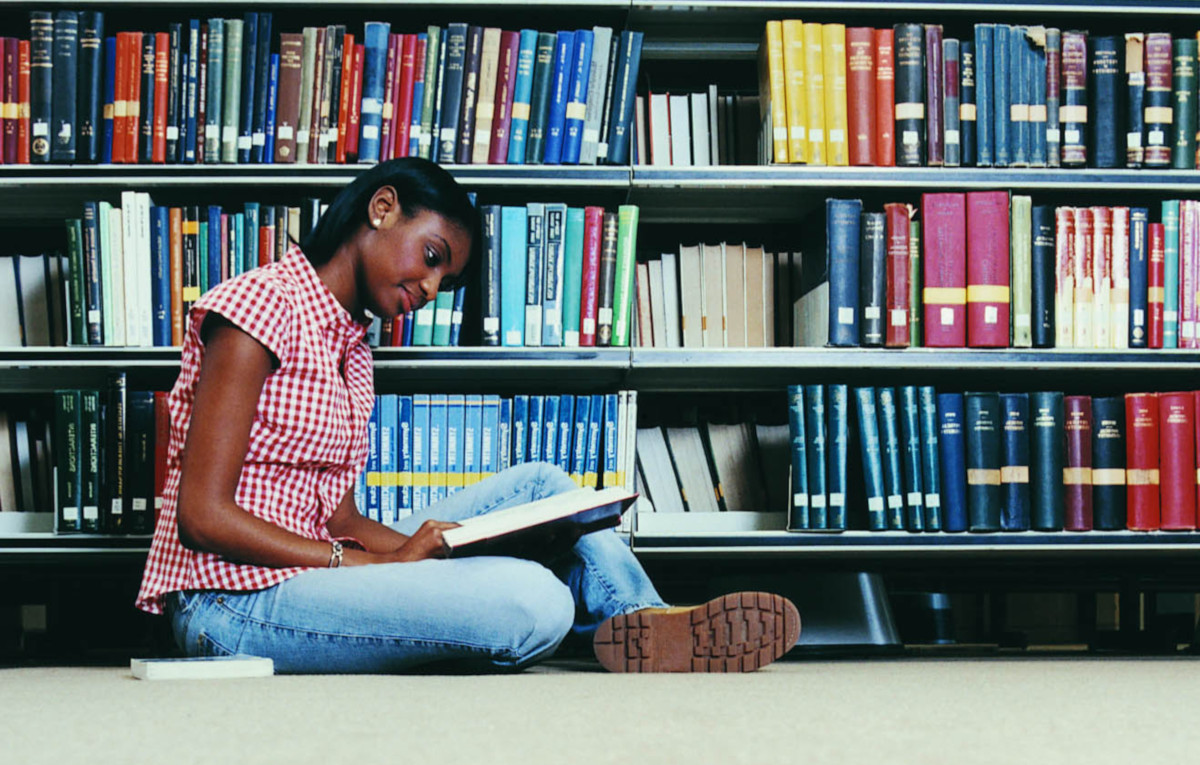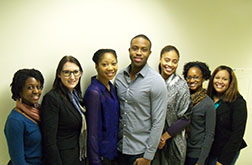Today’s Library System: A Modern Social Space
Today’s library system offers a new social support forum and is no longer the quietest building in town. Now, it serves as a lively information gateway for all topics in all types of media (books, magazines, online material, DVDs, etc.) without the nominal purchase fee required by a local coffee shop or bookstore. For those who cannot afford the lattes at Starbucks or the paperbacks at Barnes and Noble, libraries are a far more affordable destination.
For the many without home computers, libraries are the way to email friends and family, do a job search, or read news from around the world. Our libraries house social events and cultural activities without the noise of a party. It is comfortable to go the library alone and one need not follow any dress code to be acceptable. Embedded within the concrete walls, the bright lights, and comfortable seats are opportunities for personal growth, training, friendship, and fellowship.
Researchers identified six functions of the modern library: a community square, a location for diversity, a public sphere, a building offering cultural activities, a place for joint activities with friends and family, and a meta-meeting place where various community groups can gather to work on common goals. Hence, the public library system of the twenty-first century serves as more than just a location to view books and films in solitude. The library of today is a place of safety and refuge, and serves as “the third place” to hang out and gain a social identity (the other two places being home and work).
As patron visits have increased, the public library has evolved into a multi-purpose institution with specific programs tailored to the local communities. One observation found that visitors feel a sense of safety and ownership over the libraries, allowing their children to play freely and engage in intellectually and culturally stimulating activities not available in other settings.
Librarians are now knowledge resource specialists, adjunct social workers, and the GPS to community resources. Many times a day, librarians are asked for help finding books or brochures on a bevy of mental health issues, including self-esteem, conflict resolution, drug cessation, and human development. A common occurrence may include a librarian helping a student find books on depression and suicide. As the student talks to the librarian, she offers a few moments of attention, but she may also give the student links to professional services in the school or the community.
In many ways, the library affords patrons a rich source of social capital. Professor of Information and Media Studies, Catherine Johnson, defines social capital as “a community resource that enables people to work together to bring about positive change.” By interacting with others in a safe, resourceful environment, individuals have access to neighborhood sources of support that help uplift their spirits or provide an intervention to a daily or recurrent stressor. Social capital promotes collective efficacy, and builds a foundation of trust among community residents. In this way, children’s story hours, adult book clubs, English conversation classes and community meet ups flourish in today’s libraries, providing a sense of belonging and a prosperous lifestyle.
While the recent economic recession has thrown a major wrench into many community activities, it has prompted many people to increase their utilization of the services and cultural events offered by the library. Job applications, resume workshops, and unemployment services can be found at most libraries, for free and often, during evening hours. When these groups meet on a regular basis, patrons form informal social networks.
Through these networks, opportunities for motivational check-ins are created, in the same fashion that mental health appointments motivate progress towards goal completion. Members of these networks feel that they are receiving the same unbiased opinions and social support as they would receive from a therapist, but are shielded from the sometimes critical or negative stigma that is still associated with formal clinical services and the associated financial burdens.

